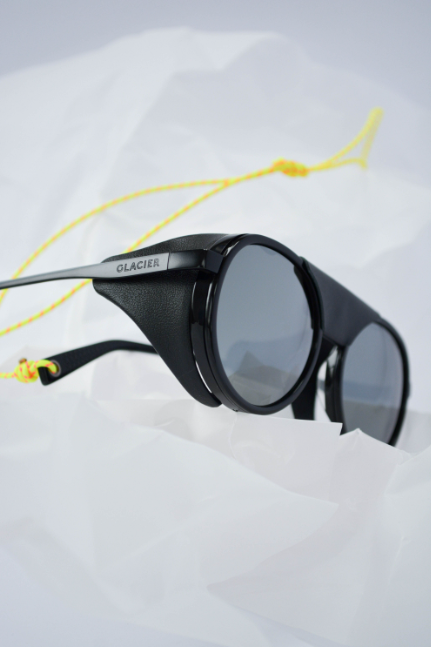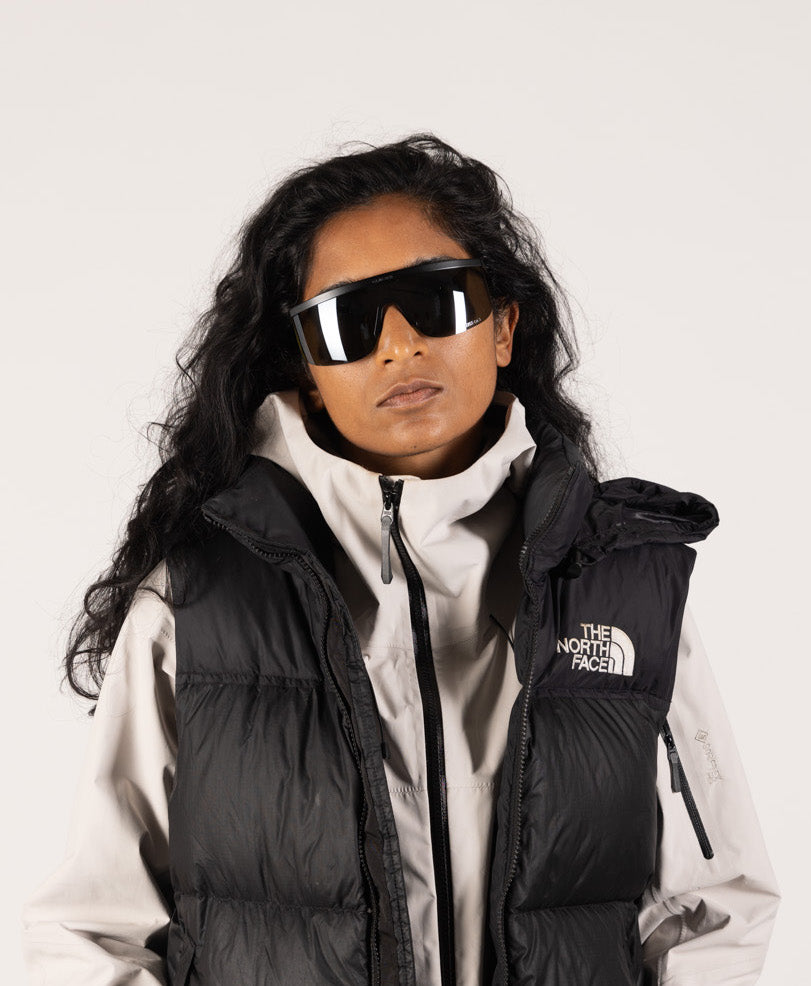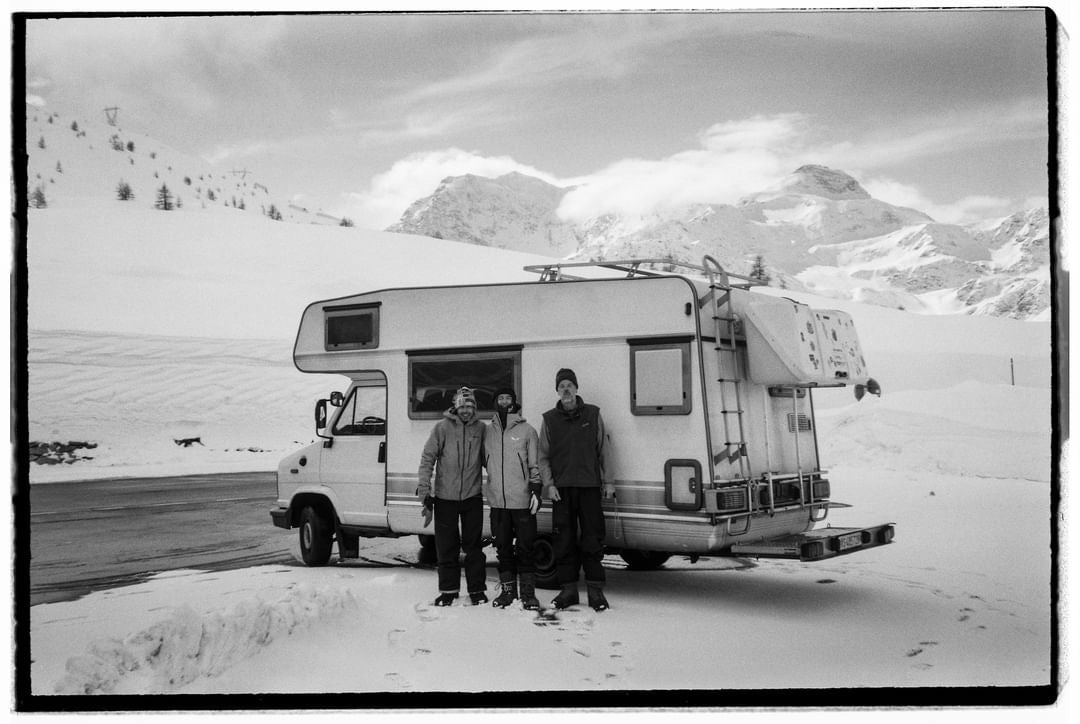Why non-polarized sunglasses are a better option for you than polarized sunglasses?

Choosing eyewear is not just a matter of style or affordability, it is also a matter of performance and safety. In addition to the shape and weight of the eyewear, a key factor to consider while buying eyeglasses is between polarized lenses and non-polarized lenses.
Polarized and non-polarized glasses serve different purposes and understanding these differences is essential for making an informed choice. We will briefly go over the specifics of both these types of lenses, weigh their respective benefits, and shed light on why non-polarized glasses are the better option for you if you use your sunglasses in snowy environments.
What are Polarized vs Non-Polarized Glasses?
Polarized sunglasses – sometimes also referred to as mirrored sunglasses – are designed to reduce glare from surfaces like water or glass. In simpler terms, think of how your vision is affected if you look straight at a bulb or the headlights of a car – polarized lenses tend to prevent that effect on your eyes. Mirrored sunglasses UV400 and dip sea round sunglasses are examples of polarized sunglasses.
Polarized lenses come with a specific filter that helps in blocking strong light and reflections. While this makes polarized glasses an excellent choice for a fishing day or a night out driving, the flipside of these filters makes them a risky choice for when you are out in the snow.
In snowy environments, when polarized glasses block glare and reflections from the snow and ice, they also blur the terrain features. This means that while wearing polarized glasses you might not be able to see ice patches or crevasses in the snow and may also reduce visibility. This can heighten the risk of accidents, especially for skiers and mountaineers.
To prevent this, the better choice for snowy environments is glasses with non-polarized lenses. Since they do not have this glare-reducing filter, rather they only block the intensity of the light reflecting back into your eyes. This protects you from the sharp effects of light, and at the same time keeps your vision brighter and clearer, without altering the perception of terrain or snow in any way.
What could Polarized lenses mean for snowy terrains!
In snowy conditions, the sun’s rays reflect intensely off the snow and ice, creating glare. Polarized lenses cut down this glare, while also reducing the visibility of subtle reflections that can be critical for safety. Likewise, polarized sunglasses can also sometimes distort the perception of depth and distance. In skiing for instance, accurate depth perception is vital to navigate the terrain safely. Looking at the path through polarized sunglasses can make it hard to see obstacles and mask dangerous other features such as ice patches and crevasses. These hazards often have a shiny surface that reflects light differently than the surrounding snow, which gives very important indications.
This is exactly why professional skiers and mountaineering enthusiasts prefer non-polarized sunglasses. These lenses allow the snowy reflections to be visible, alerting to potential dangers. Non-polarized lenses allow all types of light to pass through while also reducing the painful or blinding intensity of the reflective surfaces. This protects the eyes from any harmful effects of sharp light while also helping in seeing the subtle changes in the terrain.
Non-polarized sunglasses can be used in a variety of conditions without the drawbacks associated with polarized lenses. They are as suitable for the bright conditions as they are for overcast conditions, which means that even while driving (category 3) you can see as clearly in the bright sunlight as while passing through a dark tunnel. Non-polarized glasses still offer significant protection from UV rays and also offers comfort for the eyes by keeping the visibility better.



